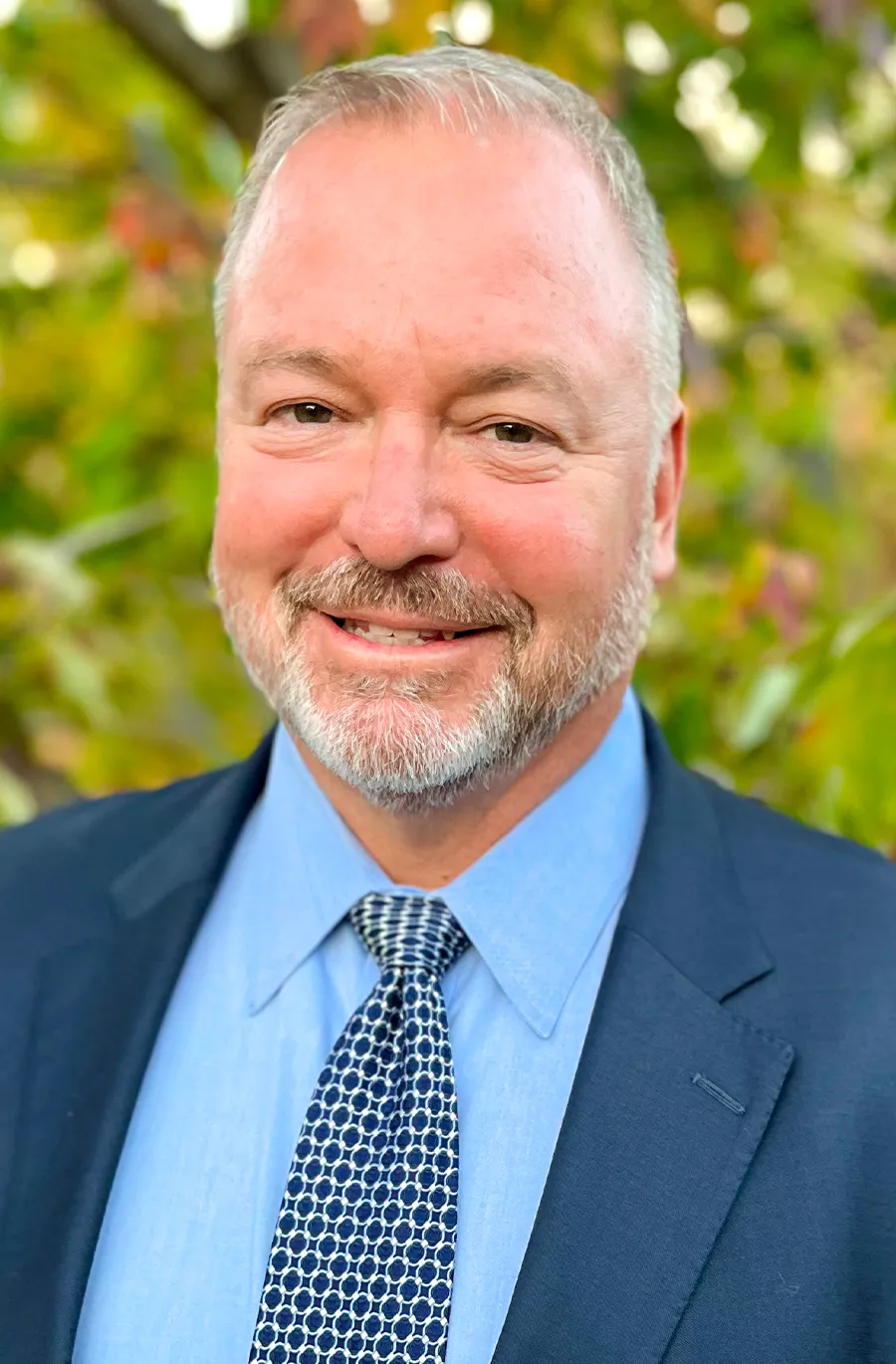Earth Day Special 
Unearthing Justice
Environmental lawyer Wayne Hettenbach ’90 fights to keep the planet and its inhabitants safe
Hettenbach has spent 20 years working as an environmental lawyer, litigating criminal and civil matters that involve violations of federal environmental laws, including the Clean Water Act and Clean Air Act. In his role as assistant chief of the environmental crimes section of the U.S. Department of Justice, he oversees a team of investigators and prosecutors who specialize in white-collar criminal law as it relates to environmental crimes.
The scope of his work ranges from investigating corporate pollution and wildlife trafficking to prosecuting toxic waste disposal and the falsification of environmental records.
“It’s pretty much like what you see on Law & Order, except our victims are the environment, animals and the public at large,” he says.
Hettenbach says he remembers seeing the effects of pollution firsthand while growing up in coastal New Jersey. Medical and plastic waste washed up on the beaches where he swam; areas where he once enjoyed clamming were closed off due to sewage runoff.

The seeds of his career were planted by his education at Bucknell, where Hettenbach graduated with a double-major in philosophy and political science.
“My philosophy major was interesting because it taught me to ask questions and think deeply about issues,” he says. “But because I wanted more concrete answers, I thought law would be a good pairing. In my career, I think deeply about issues but ultimately argue one way or another.”
Hettenbach says he’s especially drawn to the aspect of his work that he calls “cracking the code.” Working with a team of scientists, analysts and legal professionals, he uncovers clues and deciphers puzzles that ultimately enable them to stop illegal activity and break up criminal networks.
“People and businesses usually break environmental laws for profit, either to make or save money,” he says. “They count on hiding their conduct and making their schemes too complex to penetrate. We work to unravel their plans and make them lose their money and forfeit their freedom. It’s very satisfying to make sure there are consequences for these companies and individuals — and even more rewarding to know that my work results in a cleaner environment and protects imperiled animals.”